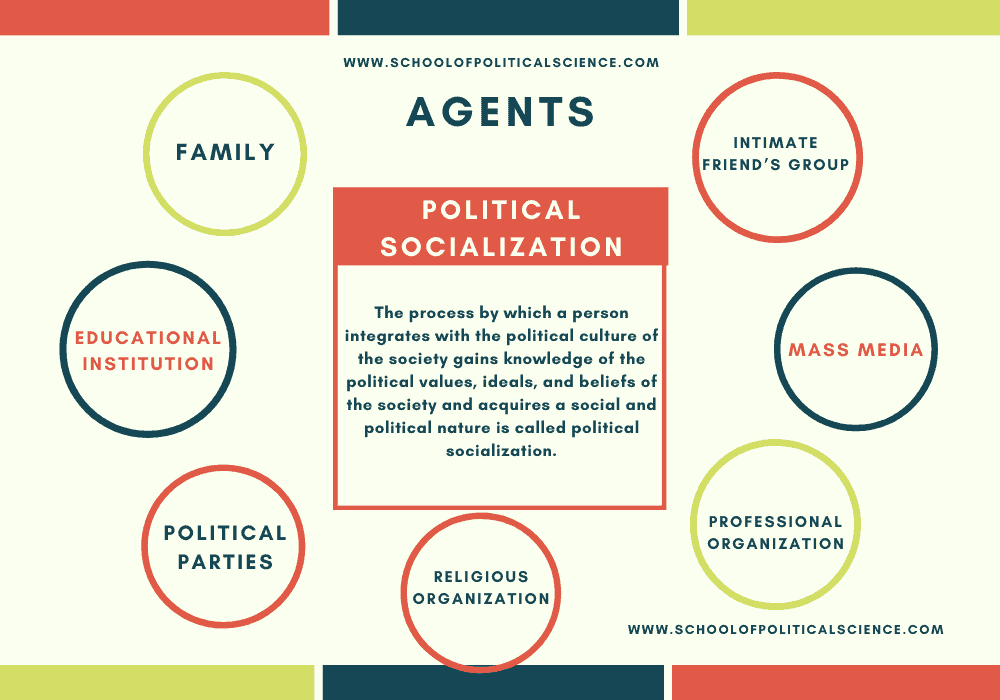Agents of society refer to individuals or groups that play a significant role in shaping and influencing the culture, norms, and values of a particular society. These agents can be formal or informal, and they can operate at various levels, including the family, education, media, government, and religious institutions.
One example of an agent of society is the family. The family is the primary socializing agent for children, and it plays a crucial role in shaping their values, beliefs, and behaviors. Families transmit cultural norms and values to their children through their words, actions, and the examples they set. For instance, parents may teach their children about respect, responsibility, and kindness by modeling these behaviors themselves and reinforcing them through their interactions with their children.
Another agent of society is the education system. Schools and universities play a vital role in shaping the knowledge, skills, and values of students. They provide students with the opportunity to learn about different subjects, such as history, science, and literature, and to develop critical thinking skills. Schools also play a role in socializing students by teaching them about their culture and the norms and values of their society.
The media, including television, radio, and social media, is also an agent of society. The media can influence people's attitudes, beliefs, and behaviors by the way it presents information and the messages it conveys. For example, the media can shape people's views on controversial issues, such as politics and social justice, by the way it reports on these topics.
Government is another agent of society. Governments play a significant role in shaping the laws and policies that govern a society and in shaping the values and beliefs of its citizens. Governments can influence people's behaviors by enacting laws and regulations that incentivize or discourage certain actions. For instance, governments may pass laws that encourage people to recycle or use environmentally-friendly products.
Finally, religious institutions can also be agents of society. These institutions provide a sense of community and meaning for their members and often promote certain values and beliefs. For example, some religions may encourage their members to be kind, compassionate, and charitable towards others, while others may place a greater emphasis on obedience to religious doctrine.
In conclusion, agents of society are individuals or groups that play a significant role in shaping and influencing the culture, norms, and values of a particular society. These agents can operate at various levels and can be formal or informal. It is important to recognize the influence that agents of society have on our beliefs and behaviors and to consider the ways in which we can actively engage with and shape our society.







